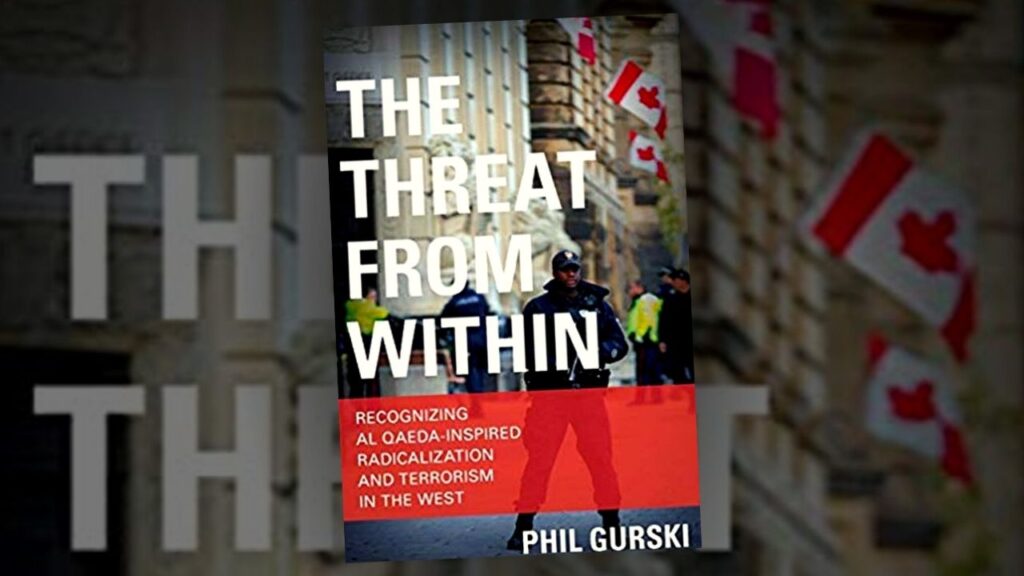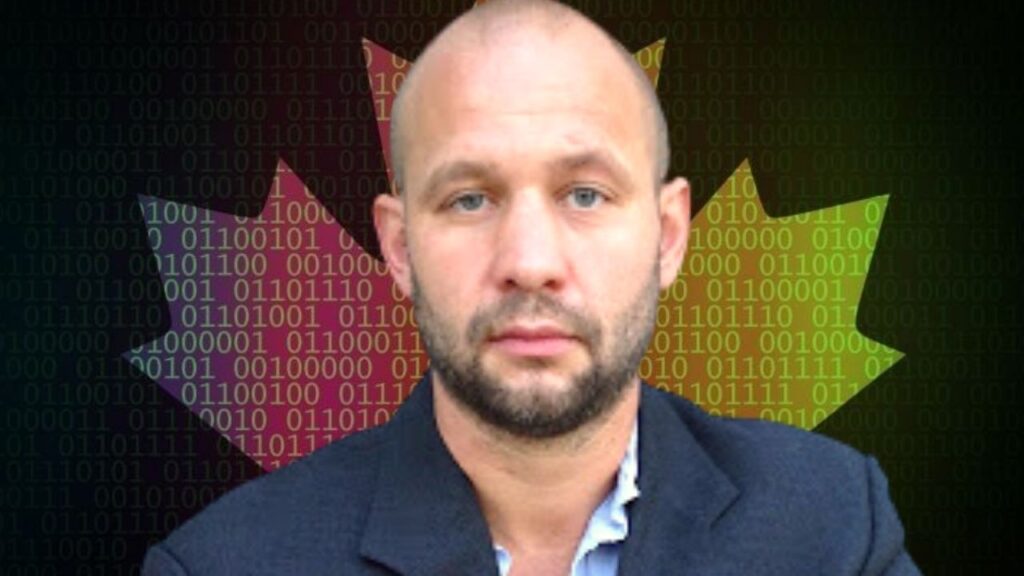It may sound trite but when everything and everyone is seen as a terrorist – or a potential terrorist – the term has lost all its meaning.
Shortly after I joined CSIS – the Canadian Security Intelligence Service – as a strategic analyst on the Middle East I was thrust into the world of Islamist terrorism. The transition was not that difficult as I had been immersed in the Arab and Muslim worlds for a decade and a half and had a very strong working knowledge of not only Arabic and Farsi (Persian) but also the region’s history and cultures.
In all honesty, the study of terrorism, whether of the Islamist variety or not, was a niche field in most of the world prior to 9/11. Very few academics had turned their attention to it – it was most certainly NOT the bonanza that ensued after Al Qaeda (AQ) flew four planes into buildings in 2001 – and the security services, including those in Canada, were probably the best versed on who was who, as they were responsible for gathering intelligence/evidence both to prevent attacks from taking place and to bring wannabe perpetrators to justice.
What we found in the immediate aftermath of that tragic Tuesday in September in New York and Washington was that a relatively new phenomenon, which we called ‘homegrown’ Islamist terrorism rose in significance. We were seeing hundreds of individuals adopting ideologies based on their warped interpretation of Islam, some of whom went on to plan (and on occasion execute) acts of terrorism.
Identifying threats
In order to better identify who we needed to worry about most – we had learned that the vast majority of people who showed the smallest signs of commitment to a ’cause’ were neither capable nor really ‘into’ that cause to actually do anything (we called these bystanders ‘couch jihadis‘) – we began to compile lists of characteristics or signs that were indicative of potential terrorist action. These behaviours and attitudes became known as indicators of ‘radicalisation‘: it should be pointed out that this phenomenon was not limited to those who thought serious of acts of violence in the name of Islam were warranted. We in Canada had lived through Armenian and Sikh ‘radicalisation‘ phases as well in the 1980s but by the 2000s the Islamist variety was by far dominant.
Those signs became tools for investigators to key on and helped focus resources where they were best deployed (you NEVER have enough resources in security intelligence to do everything). Later, as I approached retirement from the Canadian civil service I turned my experiences into a book, published in 2014 by Rowman and Littlefield with the title The Threat from Within: Recognizing Al Qaeda-inspired terrorism in the West.

Now it seems, at least to me, that we are using the term ‘radicalisation‘ in ways that are neither helpful nor accurate. As my friend Simon Cottee from Kent University in the UK wrote in a recent piece for Newsweek, radicalisation, which once referred to what transpired “before the bomb went off”, now seems to be used as a synonym for wrong-think. Simon’s comments are worth including here at some length:
Trump’s 74 million supporters are radicalized. Trump himself is radicalized: Apparently it was Fox News that did it. And Trump, in turn, is “radicalizer-in-chief”, transforming ordinary Americans into domestic terrorists. The list goes on: Any American who believes in a conspiracy theory is radicalized. Teenage boys who say “triggered” are in the early stages of radicalization. The left, too, is radicalized. Young children are radicalized. Critics of COVID-lockdown measures are radicalized. British politics is radicalized; Brexit did it, according to a CNN op-ed. Brexit itself was radicalized. And Joe Rogan, Bret Weinstein and Sam Harris are agents of radicalization.
Simon Cottee
And there is more (you really should read the article in its entirety). In summing up Simon writes “We should resist this degradation of the concept, for if we extend radicalization to include everything foul and odious we perilously risk losing sight of the really lethal threats in our midst.”
Hear, hear.
So what is radicalisation?
Radicalisation is only of concern when it leads to serious acts of violence. Note what I just stated: ACTS of SERIOUS VIOLENCE. Not Twitter insults. Not name-calling. Not spreading shit on the walls of the US Capitol. ACTS of SERIOUS VIOLENCE.
Simon is correct in his concerns. When we extend the term to everyone, in the main because we disagree with their views (political or otherwise), we are missing the point. That point? Simply put it is that a small number of people embrace ideas that condone and encourage serious acts of violence in which other people die or are terribly wounded. Like terrorist attacks. THEY are the ones we need to worry about. Not someone who makes you feel bad in his/her refusal to kowtow to your world view.
I am therefore appealing to all to step back from this tendency to use the term radicalisation in ways that do not help us understand the phenomenon nor aid us in identifying and preventing acts of serious violence. Please.
Read More About Radicalization
Is Neo a terrorist? Can we reclaim The Matrix from the alt-right?
Quick Hits 175 – What do the Matrix movies tell us about terrorism and what happens when reality emulate art?

Talking with Jesse Morton, former Al-Qaeda recruiter in the US
Episode 106 – A fascinating conversation with Jesse Morton, former to Al Qaeda recruiter in the US
Is the West losing its perspective on radicalisation?
It may sound trite but when everything and everyone is seen as a terrorist – or a potential terrorist – the term has lost all its meaning.
